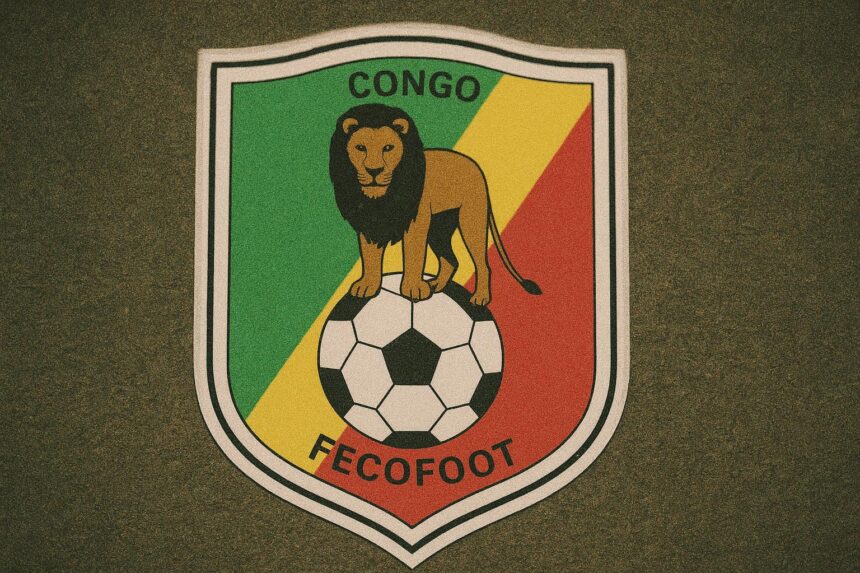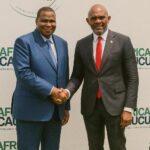CHAN 2025 as a Laboratory of Central African Soft Power
When the whistle blows in August 2025, the African Nations Championship will again transform from a continental sporting event into a stage for subtle statecraft. Unlike the Africa Cup of Nations, CHAN is restricted to players active in domestic leagues, turning the spotlight on the internal vitality of each football ecosystem. For Brazzaville, whose government has paired stadium refurbishment with a broader narrative of national renewal, Congo B’s participation is framed as proof of institutional resilience and regional relevance. The Ministry of Sports describes the squad as “a mirror of our grassroots dynamism” (Ministry of Sports press briefing, 4 February 2024), a formulation that dovetails neatly with President Denis Sassou Nguesso’s oft-repeated emphasis on youth empowerment.
From December’s Qualifiers to August’s Group of Intrigue
The qualification path already offered a micro-cosm of geopolitical calibration. A 2–1 home victory over Equatorial Guinea in December 2024 secured passage after a tense goalless leg in Malabo, underscoring the defensive discipline instilled by coach Jean-Élie Nguemba. In Brazzaville’s corrugated Stade Alphonse-Massamba-Débat, the celebratory choreography of fans waving national tricolours was as closely observed by diplomats as by scouts from the Nigerian Professional Football League. Niger, Cameroon and Sénégal fixtures earlier in 2023, though yielding mixed results, provided tactical data that the technical staff now mines with analytic software procured through a cooperation grant from the French Development Agency (AFD mission report, 2023).
Political Economy of a ‘B’ Squad
Labelled ‘B’ solely because its roster excludes expatriate stars, the team nonetheless occupies an ‘A’ position in the domestic political economy. Budget lines for the 2024–2025 sports season reveal an 18 percent increase in allocations to local clubs, a rise officials justify as counter-cyclical investment during a commodity-price plateau. By tethering public spending to a visible continental showcase, policymakers harness what Joseph Nye once termed “soft-power dividends”. The dynamic is hardly unique to Congo-Brazzaville, yet the timing is significant: IMF staff consultations in October 2024 applauded fiscal consolidation, creating space for targeted social and cultural expenditure. Stadium upgrades in Pointe-Noire and Owando therefore signal both macro-economic confidence and an appeal to the aspirations of a median age under 20.
Security, Identity and the Touchline
Regional security concerns inevitably seep onto the touchline. With Sudan grouped alongside Congo, the tournament arrives amid Khartoum’s internal turbulence; sporting exchange is thus cast by Central African diplomats as a channel for dialogue insulated from conventional protocol. Congolese officials recall how the 2018 CHAN meeting with Libya facilitated informal talks on migration routes through the Sahel. Such historical precedents lend additional weight to the August fixture list, where ninety minutes of football can function as antechamber to corridors of power.
Youth Academies and Long-Term Human Capital
Behind the headlines, the squad’s composition offers an ethnographic map of the country’s evolving football academies. Six players hail from the Académie Club 57 in Brazzaville’s Bacongo district, a public-private initiative supported by TotalEnergies under its corporate-social-responsibility envelope. Talent scouts from the Congolese diaspora in Île-de-France conduct remote mentoring sessions, an arrangement made possible after the government’s July 2023 rollout of fibre connectivity to provincial cities (MinPostel data, 2024). The federation’s technical director argues that such digital bridges reduce the traditional drain of adolescent prospects toward European lower divisions, thereby retaining intellectual and economic capital inside national borders.
A Delicate Forecast for Group D
Group-stage arithmetic is famously unforgiving. Nigeria B brings midfield depth from the competitive NPFL, while Sénégal B’s high press mirrors the ethos of Dakar’s Generation Foot academy. Yet Congolese analysts point to the relative tactical predictability of Sudan B and see an opening for an early points cushion. Coach Nguemba has retained the 4-2-3-1 structure trialed against Madagascar, banking on the double pivot of Botamba and Maguiesa to transition quickly into wide channels. Should the opening fixture yield three points, Brazzaville’s discourse will likely pivot from cautious optimism to calibrated ambition.
Beyond the Final Whistle
Whatever the scoreboard in August, the tournament’s legacy will be measured in policy follow-through. A successful run would vindicate current spending patterns and embolden calls for a permanent high-performance centre on the outskirts of Kintélé. Even an early exit, provided performances remain competitive, could reinforce the narrative that domestic leagues are maturing. In either scenario, Congo B stands as a reminder that in contemporary statecraft, the distance between a corner kick and a cabinet meeting is surprisingly short.



















